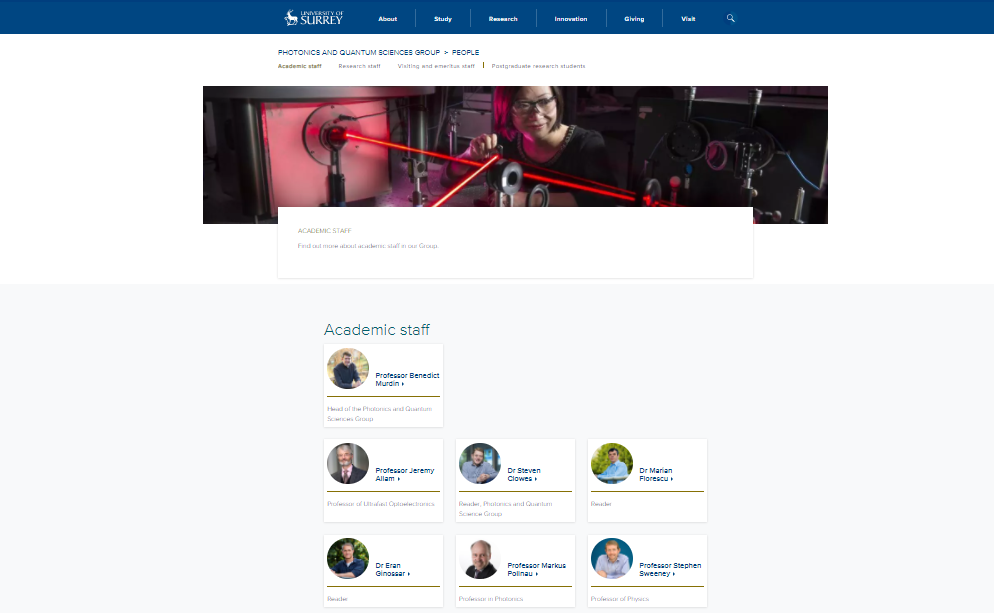Deciding on a PhD supervisor is perhaps one of the most important decisions to make when thinking about pursuing your doctorate. You need to look for somebody who shares your research interests and has expertise in that field, but also somebody who fits with your work style. They’re the person who will provide feedback, support and mentorship throughout your PhD. Some supervisors are very hands-on and will want to meet with you regularly whereas others may be more hands-off and expect you to meet with them once a month. In this blog, I’ll explore some of the things to consider when finding a supervisor that suits you.
Where to start
It can be rather overwhelming when you’re faced with just the knowledge that you want to do a PhD research project. If you’re like me and work in a STEM field, it may be straightforward as PhDs in STEM subjects tend to advertise funded projects advertised by the supervisor for that project. My PhD project was advertised by my supervisor to my undergraduate cohort as I was an MPhys student here are Surrey before starting my doctorate. He had taught me several modules, so I was familiar with his areas of expertise and his personality and knew that we were likely to get along well. You can read more about the process of finding a PhD project in STEM fields in my blog post here.
In other fields, it’s often common to seek out a supervisor and write a project proposal outlining the specific research topic you want to explore in your thesis. In this case, you’ll need to find somebody whose expertise and research interests align with your proposed topic. You can do this in various ways such as browsing lists of academics in the relevant departments at different universities or even starting from looking into the literature and identifying potential academics you’d love to work with through papers related to your research topic.

Initial contact with potential supervisors
The next step after identifying a project or supervisor is to get in touch with them. Although this is very daunting, this is an opportunity to show them what your interests are and how they align with their research interests. Initiating an email conversation with them is a good way to assess whether you’re a good fit. When you first contact them, referencing their work and showing that you know what they’ve published in the past is really important. They want to see that you’re engaged with the research area and that you’ve done your research rather than just blindly emailing them. This article has some great tips and guidelines for an initial email to a supervisor.
Establishing whether you’re a good fit
Once you’ve established contact with a supervisor, it’s good to set up a meeting to discuss things in more detail. My supervisor suggested I have a tour around the Advanced Technology Institute, and we have a chat about what a PhD involves before thinking about an official interview for the project. So, you may find that you’re also invited to have a meeting or you may need to initiate something yourself.
When I arrived for the tour, I was greeted by my supervisor’s then PhD student who would be showing me around the labs. This was a wonderful opportunity to ask him what my supervisor was like in a supervisory role. Talking to a current student definitely helped me form an idea of what doing a PhD at the ATI would be like. Afterwards, I could clearly imagine myself doing research there which I think was a good sign!
Then, when I met with my supervisor, I asked how frequently he had meetings, how hands-on he was and other things like what the expectations were for PhD students. We also chatted about some aspects of the research project as there was some flexibility, and I could decide which material system I wanted to work with. Having a more informal chat with him helped me feel much more at ease in my interview later down the line and it showed me that he was a supervisor who I felt would support me well for the next 3-4 years.
